Intro
Pregnancy is a beautiful and life-changing experience, but it can also come with its fair share of discomforts. One of the most common complaints among pregnant women is leg cramps, which can be painful and disrupt daily activities. Leg cramps during pregnancy are usually harmless, but they can be a nuisance, especially at night, disrupting sleep and affecting overall well-being. Understanding the causes and finding effective relief methods are crucial for pregnant women to manage these cramps and enjoy a healthier pregnancy.
Leg cramps are sudden, involuntary contractions of the muscle that can occur in any part of the leg, but they are most common in the calf. During pregnancy, women may experience these cramps due to various factors, including changes in blood circulation, pressure from the growing uterus on the nerves and blood vessels, mineral deficiencies such as calcium, magnesium, or potassium, and overall changes in the body's physiology. These cramps can be a source of significant discomfort and can impact the quality of life for pregnant women.
The importance of addressing leg cramps during pregnancy cannot be overstated. Not only do these cramps cause immediate pain and discomfort, but they can also lead to long-term issues such as sleep deprivation, stress, and decreased mobility. Finding effective relief methods is crucial for managing these symptoms and ensuring that pregnant women can maintain their physical and mental health throughout their pregnancy. This involves understanding the causes, recognizing the symptoms, and utilizing a combination of preventive measures and treatment options to alleviate the discomfort associated with leg cramps.
Pregnancy Leg Cramps Causes
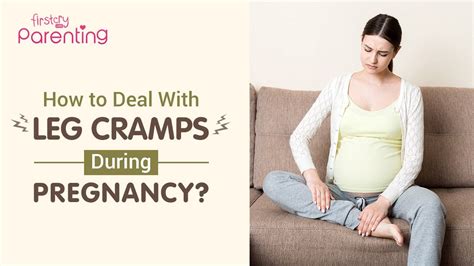
Mineral Deficiencies
Mineral deficiencies play a significant role in the development of leg cramps during pregnancy. Calcium, magnesium, and potassium are essential minerals that help regulate muscle function. During pregnancy, the demand for these minerals increases, and if the diet does not provide sufficient amounts, deficiencies can occur. Calcium is crucial for muscle contraction and relaxation, magnesium helps regulate muscle function and nerve sensitivity, and potassium is essential for maintaining proper muscle function. Ensuring adequate intake of these minerals through diet and supplements, if necessary, can help prevent leg cramps.Pregnancy Leg Cramps Symptoms
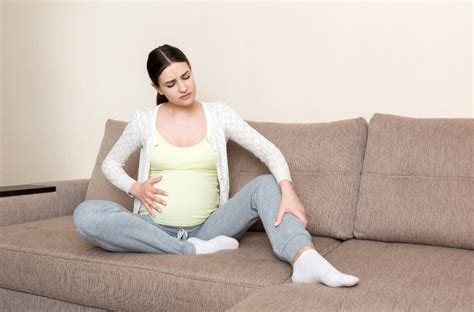
Impact on Daily Life
The impact of leg cramps on the daily life of pregnant women should not be underestimated. These cramps can disrupt sleep patterns, leading to fatigue and decreased productivity during the day. They can also limit mobility and make it uncomfortable to engage in physical activities, which are important for maintaining health during pregnancy. Furthermore, the stress and discomfort caused by leg cramps can affect mental health, leading to anxiety and depression. Finding effective relief methods is crucial to minimizing the impact of leg cramps on daily life and ensuring that pregnant women can maintain their physical and mental well-being.Pregnancy Leg Cramps Relief Methods
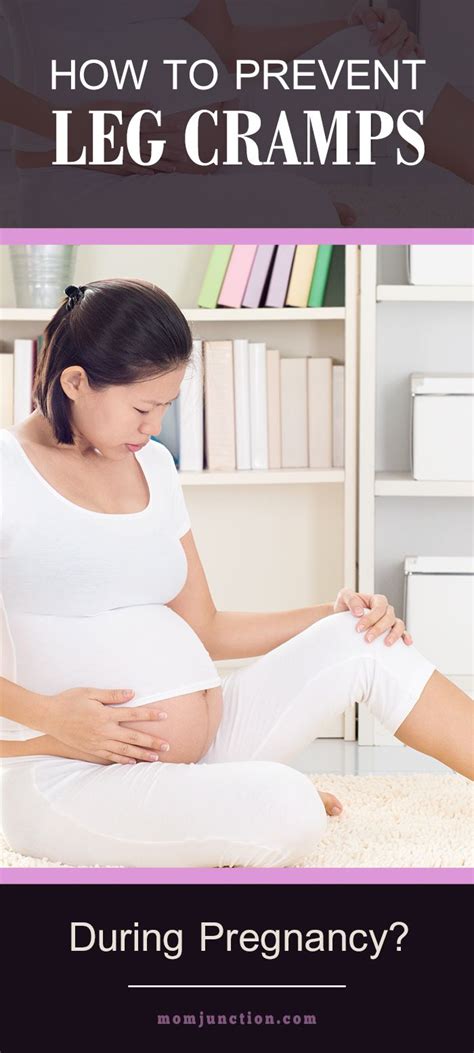
Stretching Exercises
Stretching exercises are a simple yet effective way to relieve leg cramps during pregnancy. These exercises can help relax the muscles, improve circulation, and reduce the frequency and severity of cramps. Some recommended stretches include the calf stretch, where the woman stands facing a wall with one hand on the wall for balance and one foot back about a foot, keeping the heel on the ground. She then bends the front knee and leans forward, stretching the calf muscle. Holding the stretch for 15-30 seconds and repeating it 2-3 times can provide significant relief.Pregnancy Leg Cramps Prevention

Lifestyle Modifications
Lifestyle modifications play a significant role in preventing leg cramps during pregnancy. This includes avoiding triggers such as dehydration and extreme temperatures, managing stress through relaxation techniques like deep breathing or meditation, and maintaining a healthy weight to reduce pressure on the legs. Elevating the legs occasionally to improve circulation and wearing comfortable, supportive shoes can also help prevent leg cramps. By making these lifestyle modifications, pregnant women can significantly reduce their risk of experiencing leg cramps and maintain their overall health and well-being.Pregnancy Leg Cramps Treatment
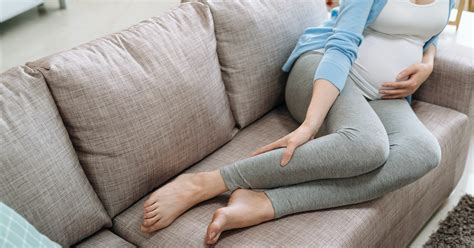
Medical Supervision
Medical supervision is essential when treating leg cramps during pregnancy. Healthcare providers can offer guidance on safe and effective treatments, monitor the condition to prevent complications, and adjust the treatment plan as necessary. Pregnant women should always consult with their healthcare provider before taking any medication or starting new therapies to ensure that the treatments are safe for both the mother and the fetus. By working closely with healthcare providers, pregnant women can find relief from leg cramps while maintaining their health and the health of their baby.Pregnancy Leg Cramps and Mental Health
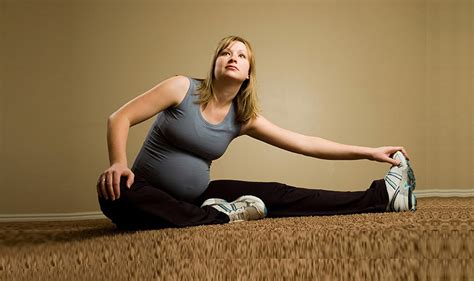
Coping Mechanisms
Developing effective coping mechanisms is crucial for managing the emotional impact of leg cramps during pregnancy. This can include keeping a journal to track the frequency and severity of cramps, identifying triggers, and developing a plan to manage them. Building a support network of loved ones, joining a pregnancy support group, or seeking professional counseling can provide emotional support and help pregnant women feel less isolated. By focusing on their mental health and developing strategies to cope with the discomfort of leg cramps, pregnant women can navigate this challenging time with greater ease and resilience.Pregnancy Leg Cramps and Sleep
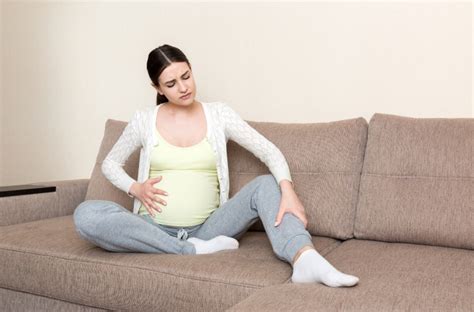
Sleep Quality
Improving sleep quality is vital for pregnant women experiencing leg cramps. This involves not only preventing leg cramps but also creating an environment that promotes restful sleep. Avoiding caffeine, nicotine, and electronics before bedtime, and engaging in relaxing activities such as reading or listening to soothing music, can help improve sleep quality. Additionally, maintaining a consistent sleep schedule and avoiding heavy meals close to bedtime can help regulate sleep patterns. By focusing on sleep quality and taking proactive steps to prevent leg cramps, pregnant women can enjoy better rest and wake up feeling more refreshed and prepared for the day ahead.What are the most common causes of leg cramps during pregnancy?
+Leg cramps during pregnancy are commonly caused by mineral deficiencies, hormonal changes, and the physical strain of pregnancy, including pressure from the growing uterus on nerves and blood vessels.
How can I prevent leg cramps during pregnancy?
+Preventing leg cramps involves ensuring adequate intake of calcium, magnesium, and potassium, staying hydrated, engaging in regular exercise, and avoiding triggers such as dehydration and extreme temperatures.
What are some effective relief methods for leg cramps during pregnancy?
+Effective relief methods include stretching exercises, warm baths, massage, and dietary changes to prevent mineral deficiencies. In some cases, medical treatment may be necessary under the supervision of a healthcare provider.
In conclusion, leg cramps are a common discomfort experienced by many pregnant women, but they do not have to significantly impact daily life. By understanding the causes, recognizing the symptoms, and utilizing a combination of preventive measures and treatment options, pregnant women can effectively manage leg cramps and maintain their physical and mental health throughout their pregnancy. It's essential for pregnant women to prioritize their health, seek support when needed, and stay informed about the best practices for managing leg cramps. We invite you to share your experiences with leg cramps during pregnancy and any strategies you've found helpful in managing them. Your insights can provide valuable support and guidance for others navigating similar challenges.
